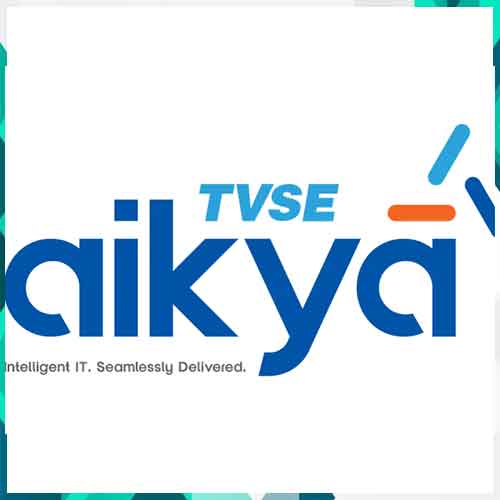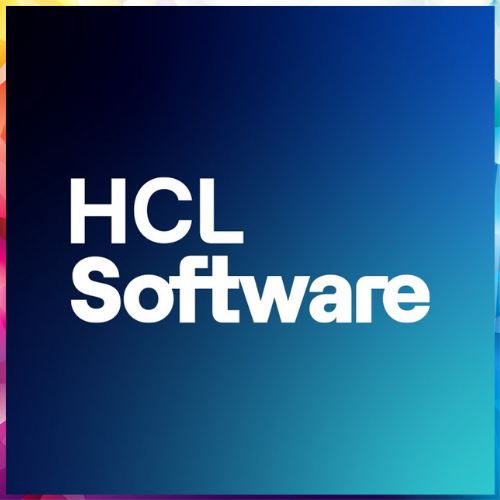Breaking News

The media speculates, the delay stems from design changes, workforce limitations, and staff turnover.
Microsoft’s in-house AI chip, Maia (internally codenamed Braga), has reportedly been delayed until 2026, missing its original 2025 mass production timeline. The delay, revealed by The Information, is attributed to design changes, workforce limitations, and high employee turnover, highlighting challenges in Microsoft’s ambitions to build proprietary AI hardware.
The Maia chip was intended to power Microsoft Azure's data centers and reduce dependency on Nvidia’s expensive AI GPUs, such as the Blackwell series, which launched in 2024. However, insiders suggest that Maia is likely to underperform compared to Nvidia’s industry-leading chips, putting Microsoft at a disadvantage in the AI infrastructure arms race.
While Microsoft struggles to bring Maia to market, rival tech giants have surged ahead:
Despite the delay, Microsoft remains committed to developing custom AI chips as part of its broader strategy to optimize cloud performance, improve AI model efficiency, and reduce long-term cloud infrastructure costs. The company first announced Maia in November 2023 but has struggled to match the scale, performance, and market readiness demonstrated by its rivals.
The Maia chip was intended to power Microsoft Azure's data centers and reduce dependency on Nvidia’s expensive AI GPUs, such as the Blackwell series, which launched in 2024. However, insiders suggest that Maia is likely to underperform compared to Nvidia’s industry-leading chips, putting Microsoft at a disadvantage in the AI infrastructure arms race.
While Microsoft struggles to bring Maia to market, rival tech giants have surged ahead:
- Google continues advancing its Tensor Processing Units (TPUs), unveiling the 7th generation TPU in April 2025.
- Amazon Web Services (AWS) is prepping the launch of its Trainium3 AI chip, expected later this year.
Despite the delay, Microsoft remains committed to developing custom AI chips as part of its broader strategy to optimize cloud performance, improve AI model efficiency, and reduce long-term cloud infrastructure costs. The company first announced Maia in November 2023 but has struggled to match the scale, performance, and market readiness demonstrated by its rivals.
Microsoft's AI chip delay raises questions about its readiness to compete in the booming AI hardware ecosystem, where timely innovation is crucial to meet the growing demand for AI workloads, model training, and generative AI services.
See What’s Next in Tech With the Fast Forward Newsletter
Tweets From @varindiamag
Nothing to see here - yet
When they Tweet, their Tweets will show up here.




























